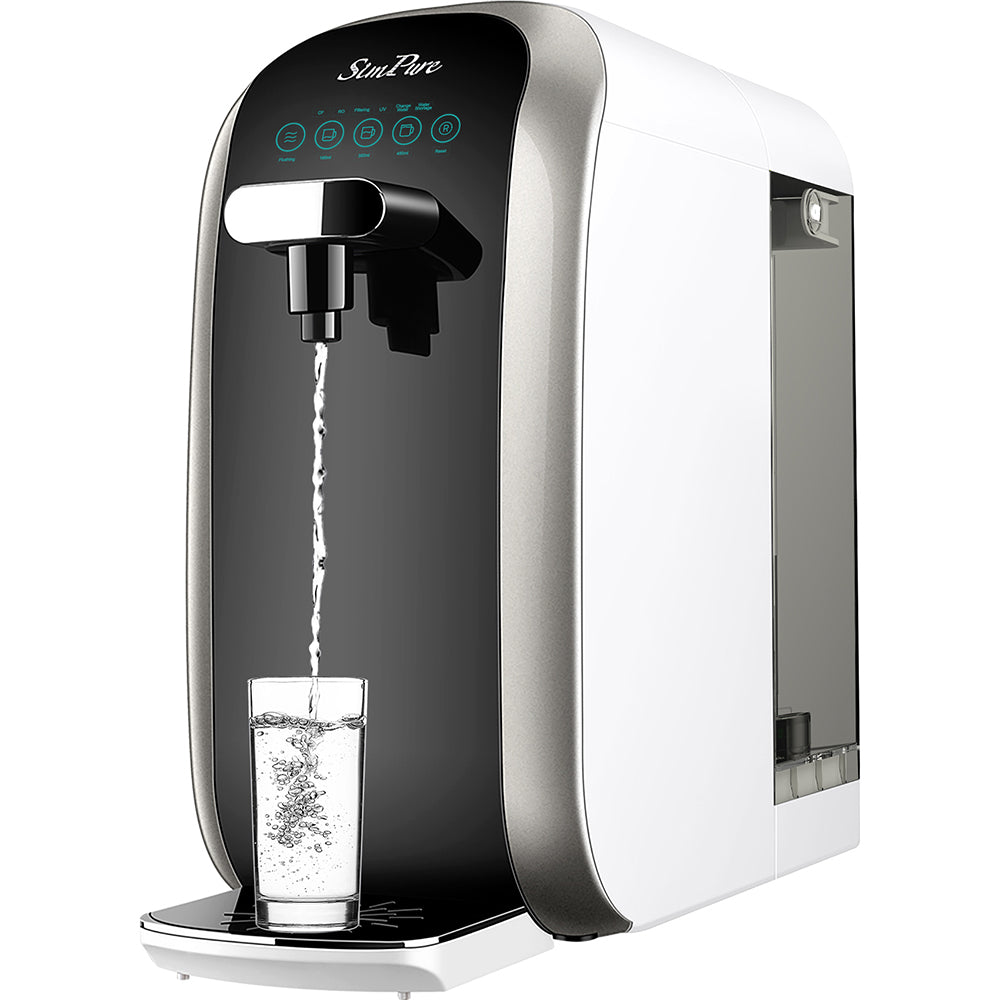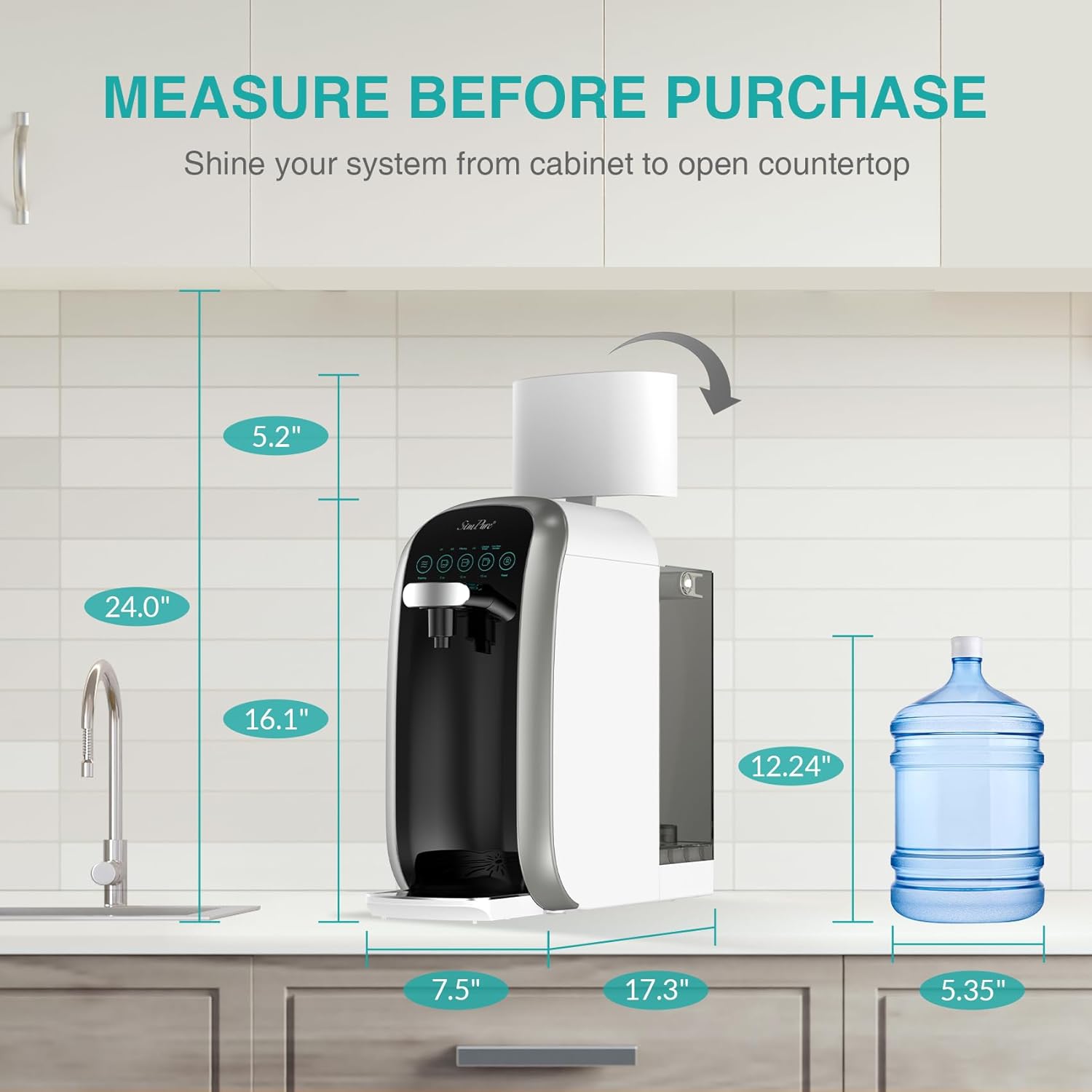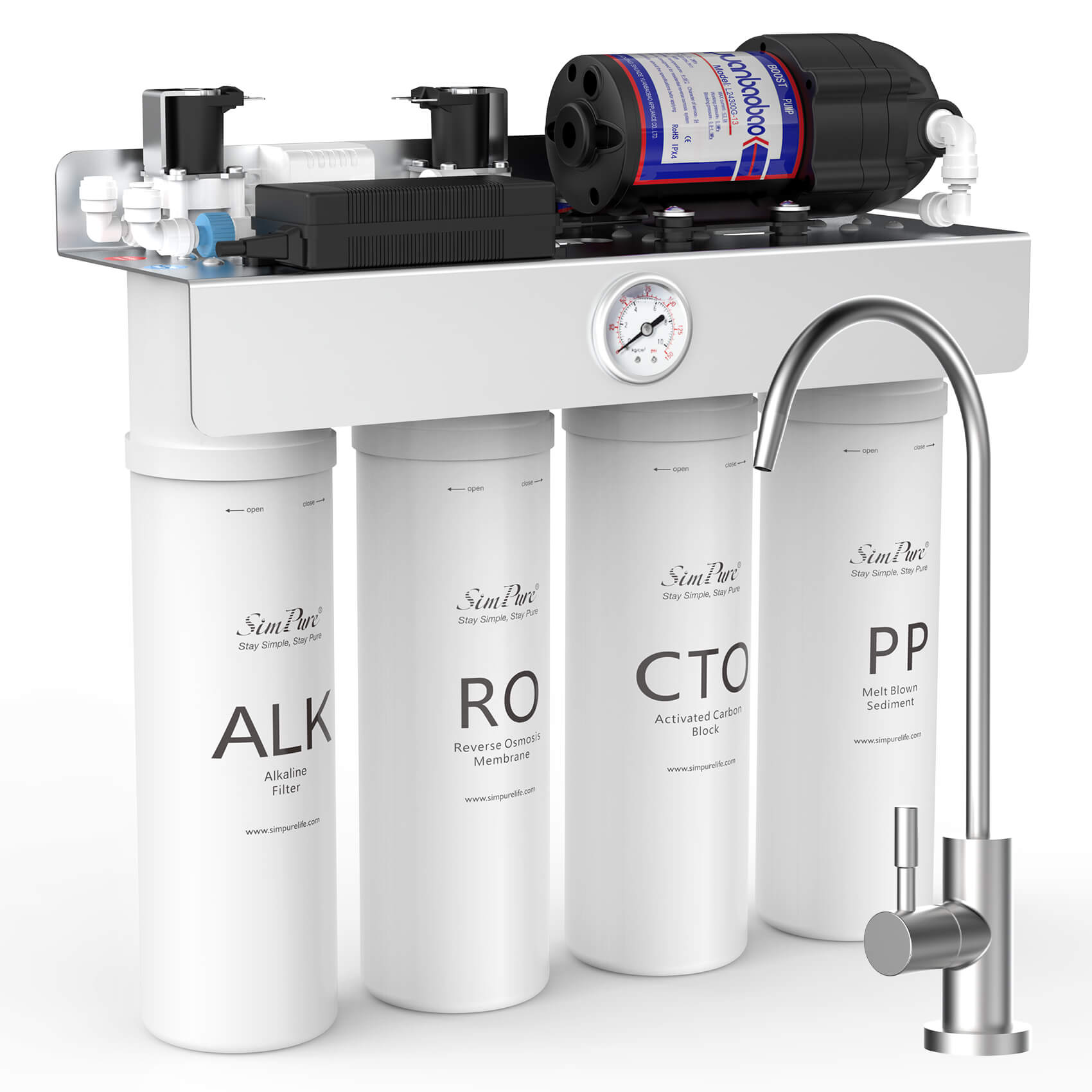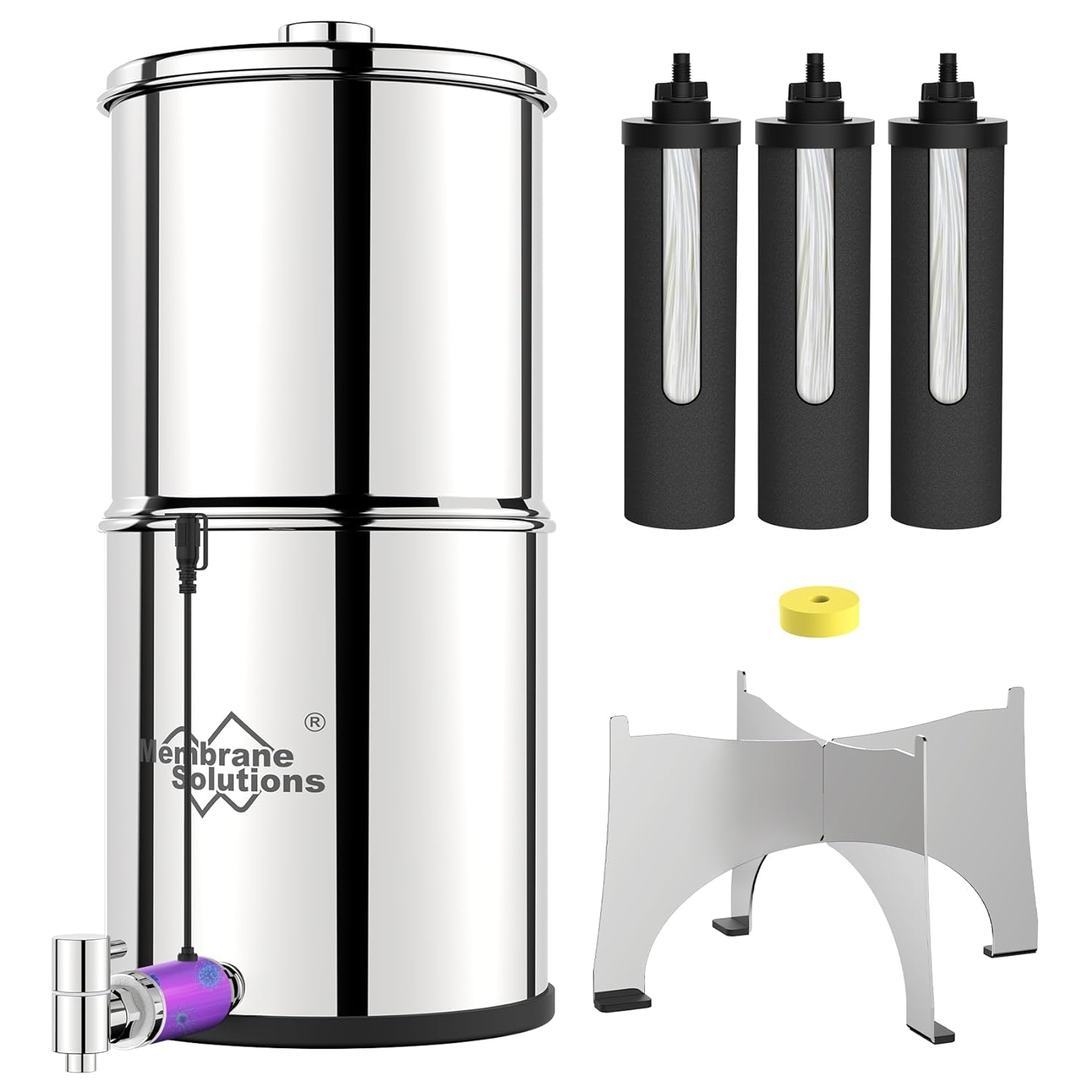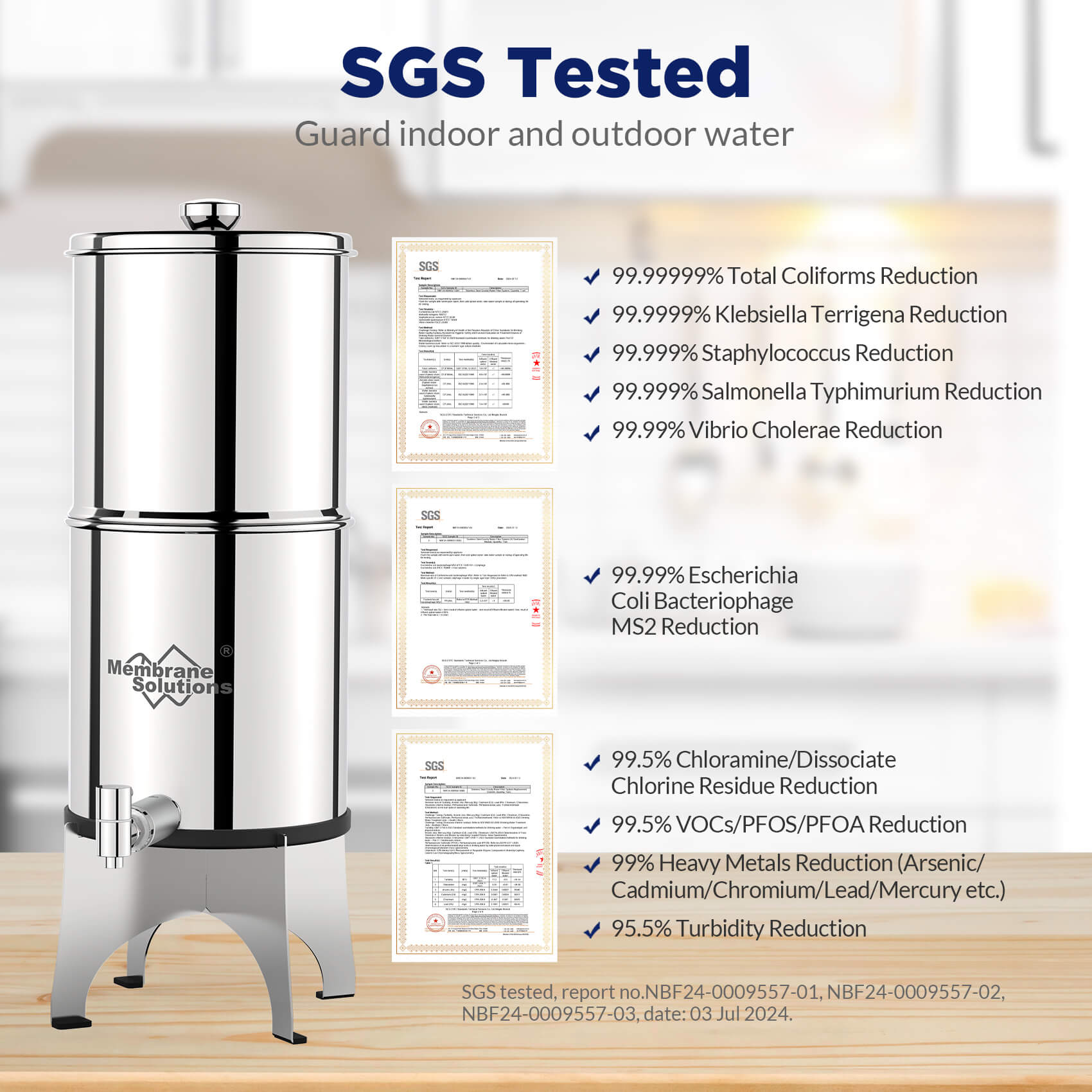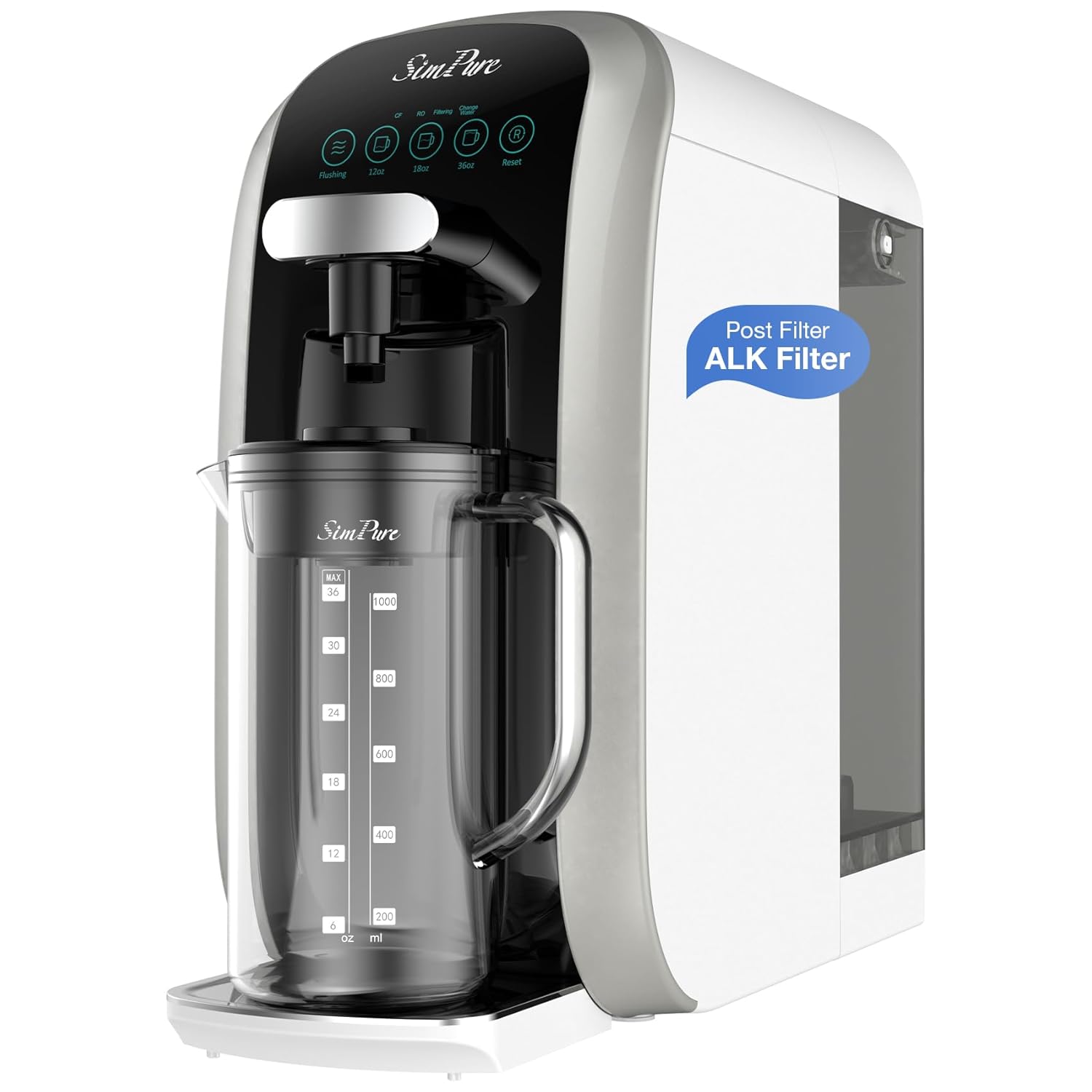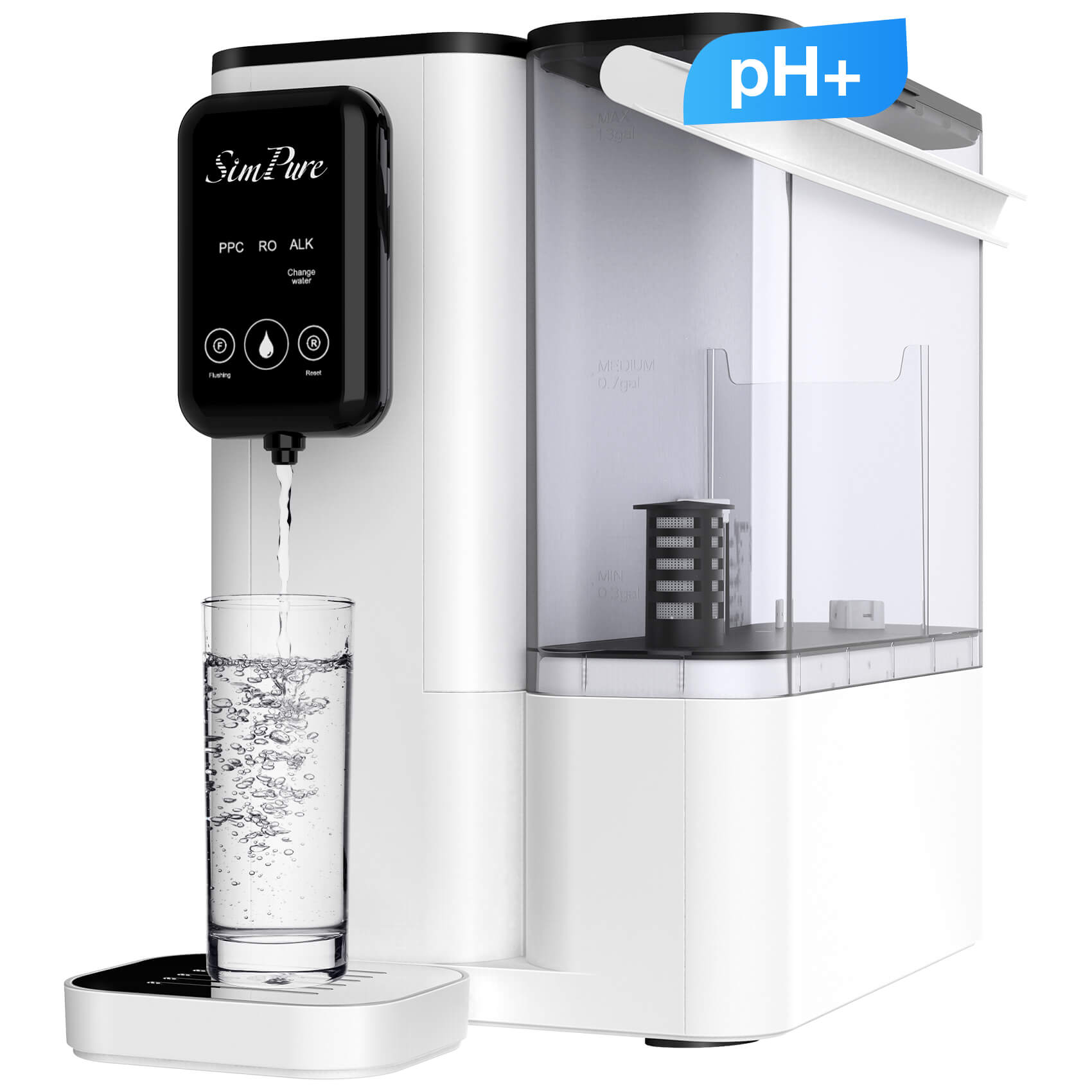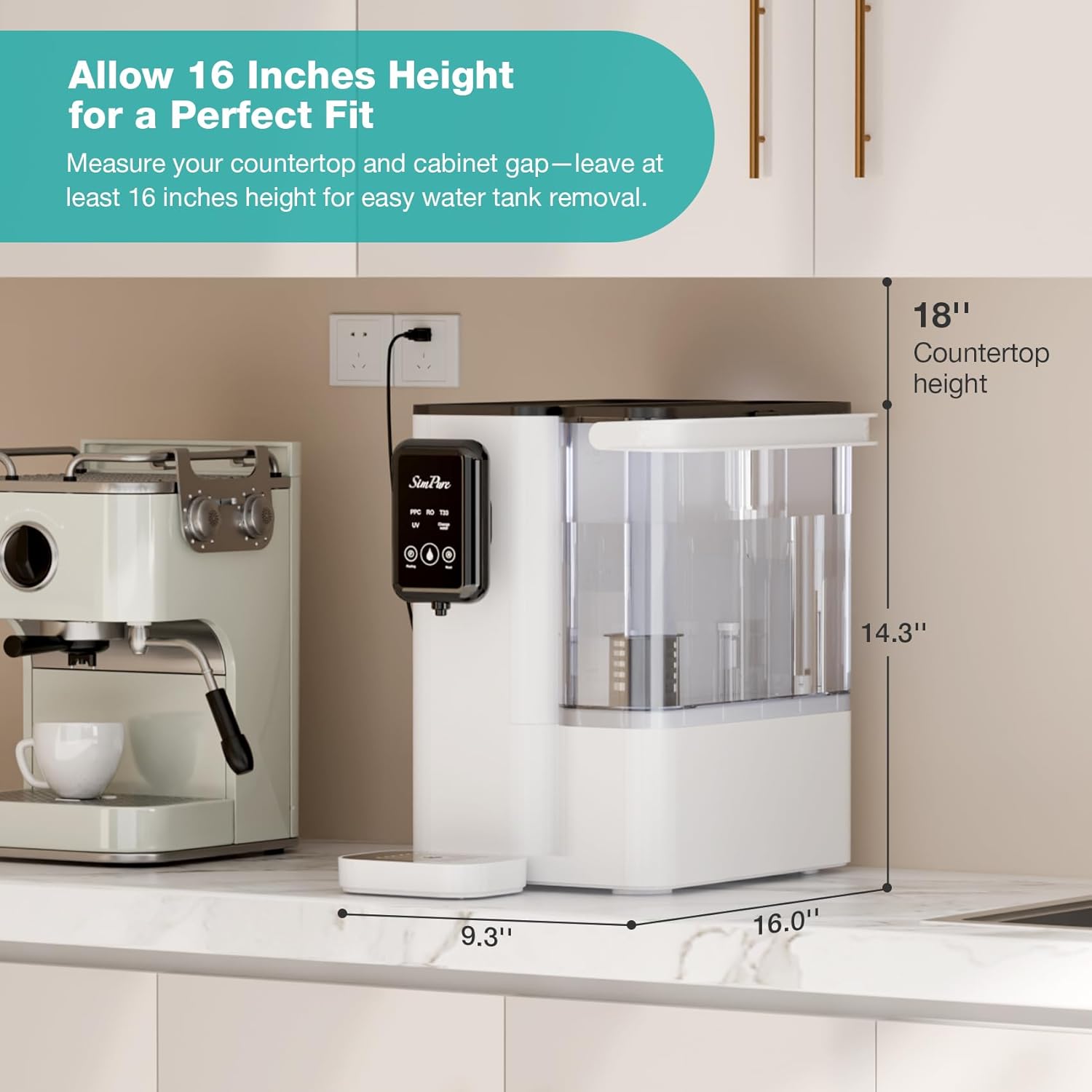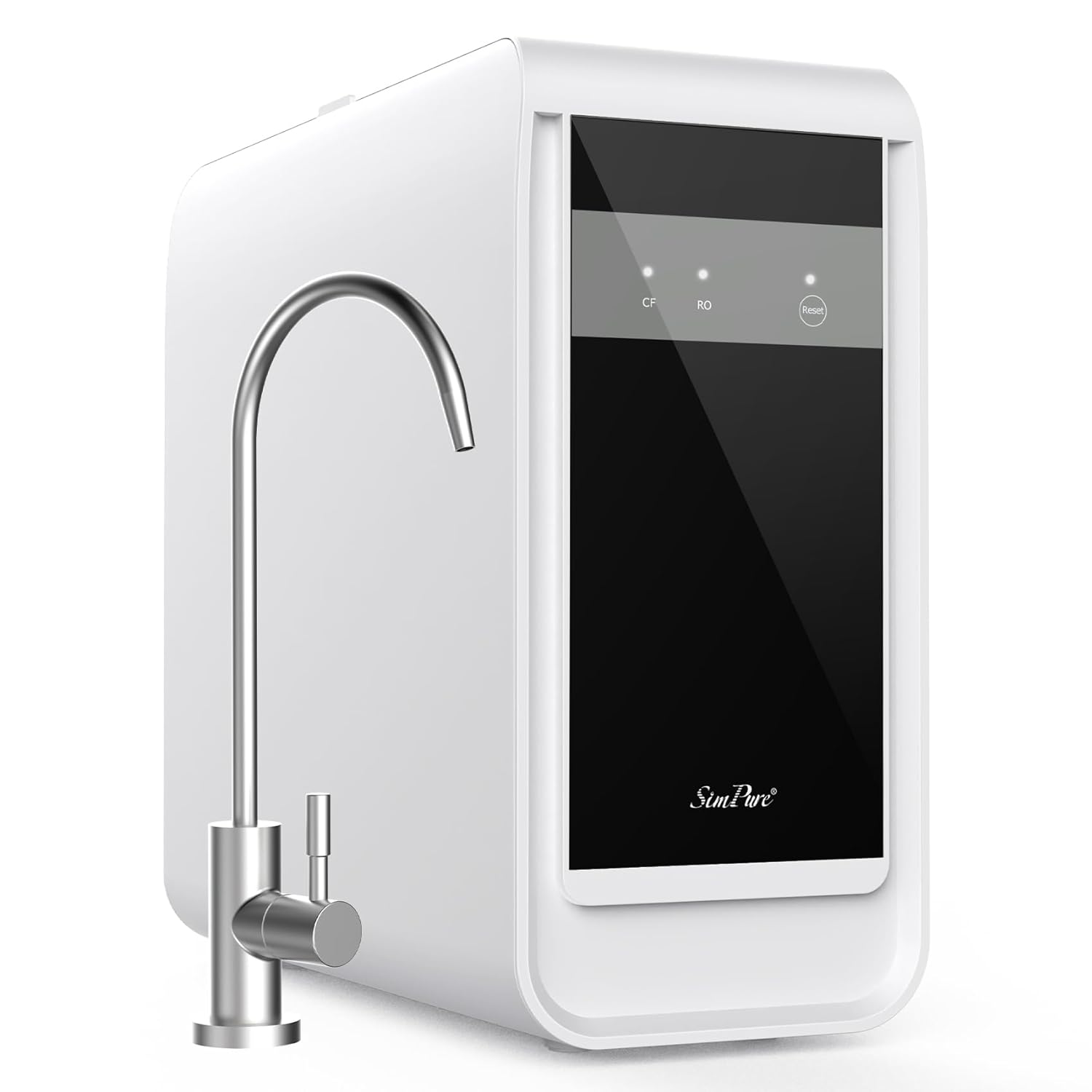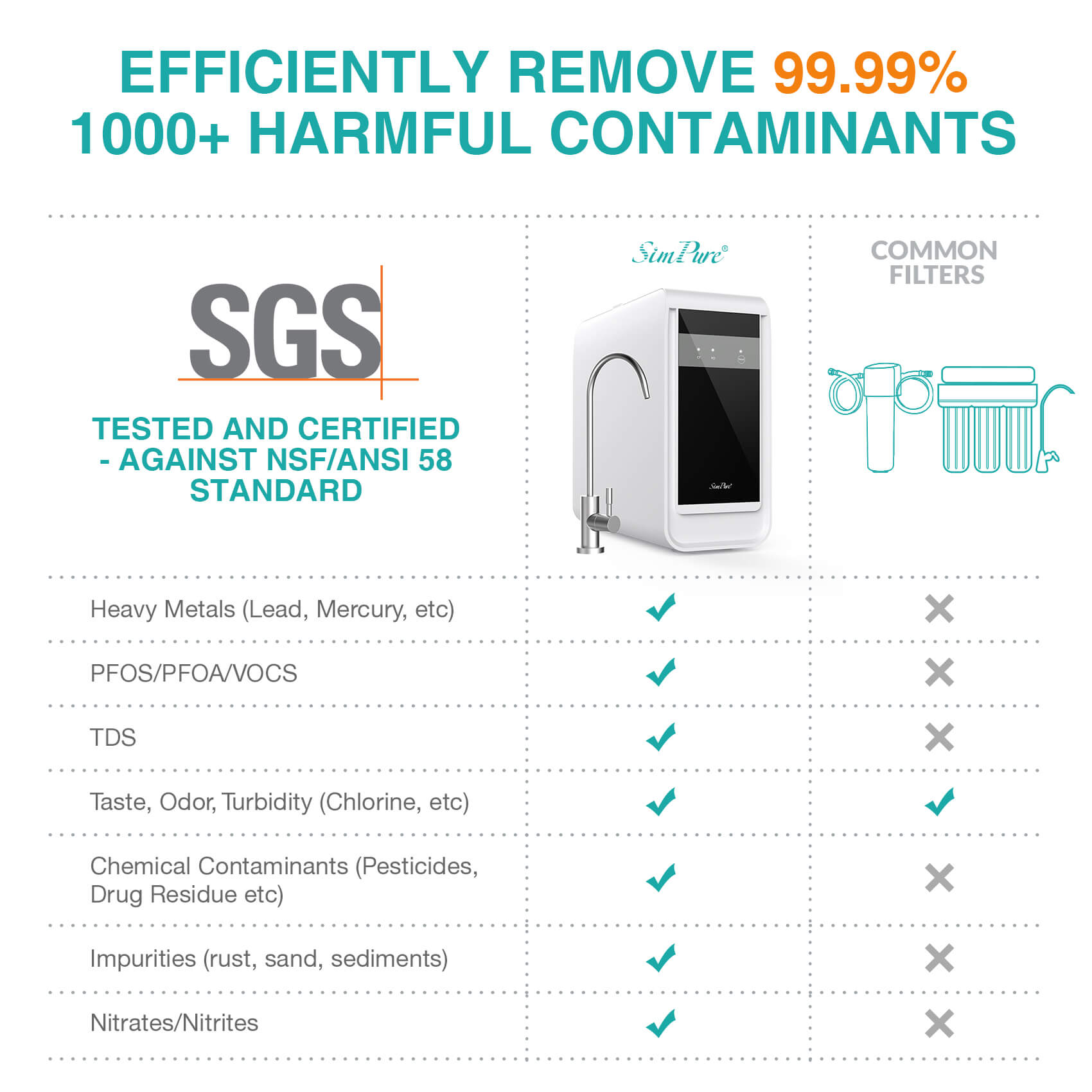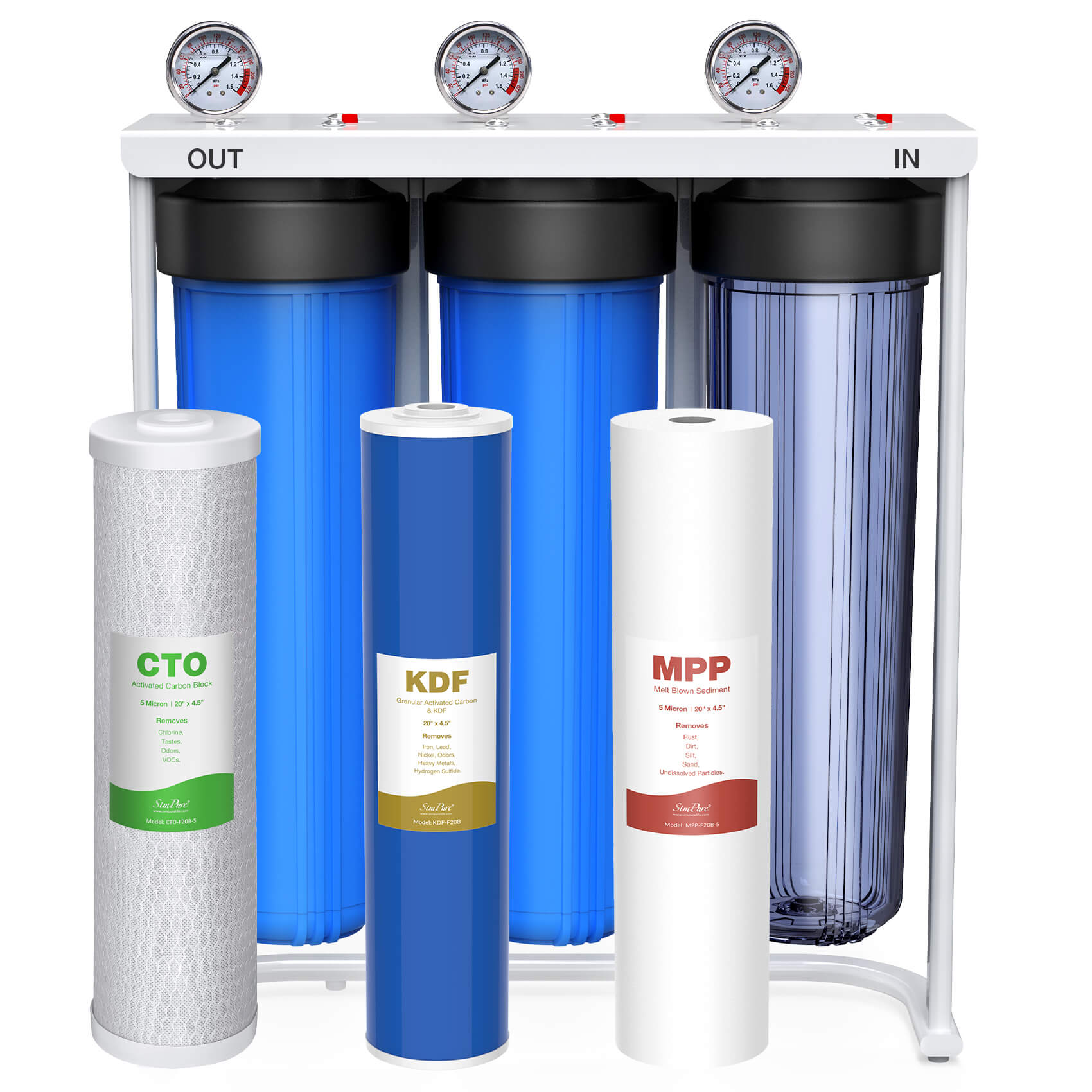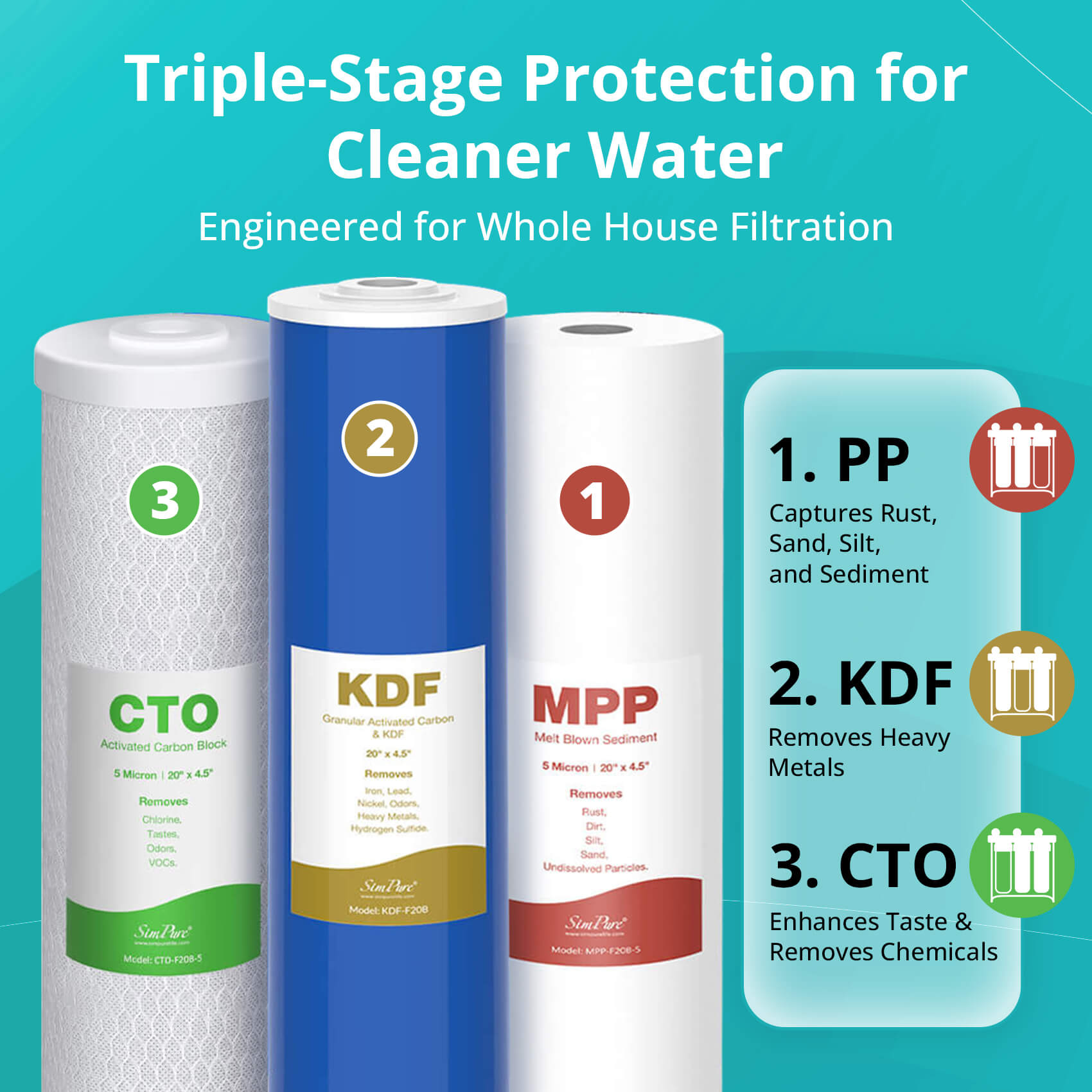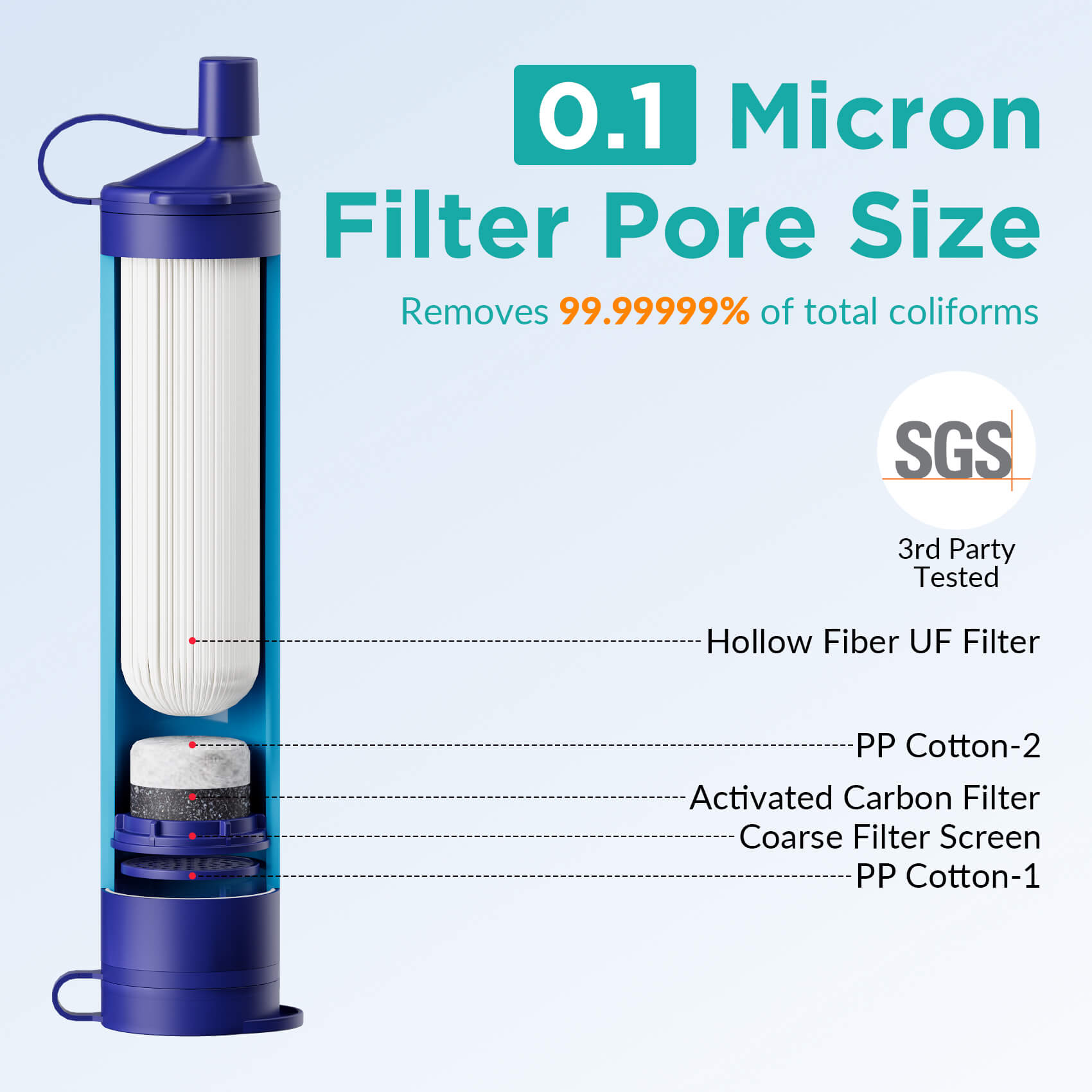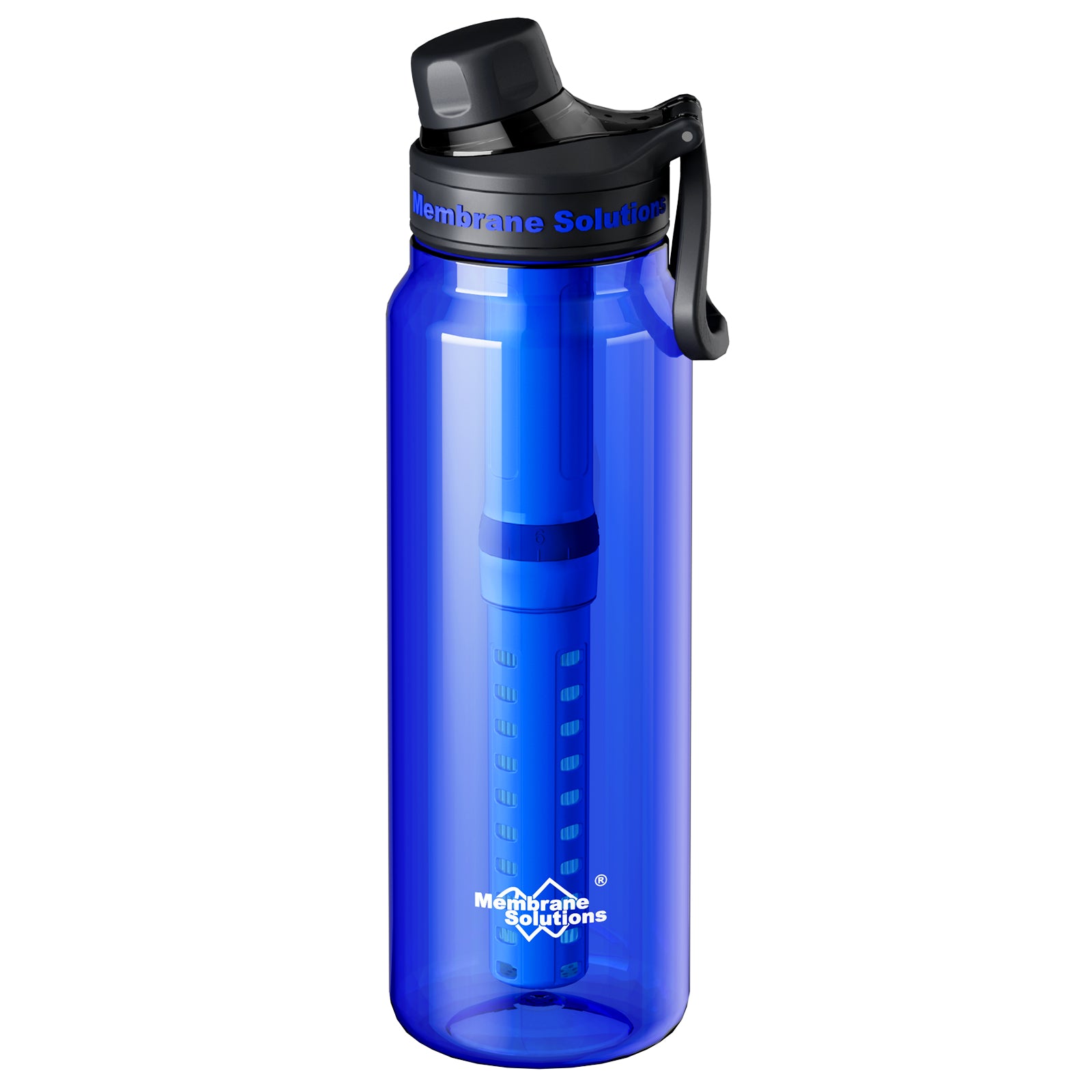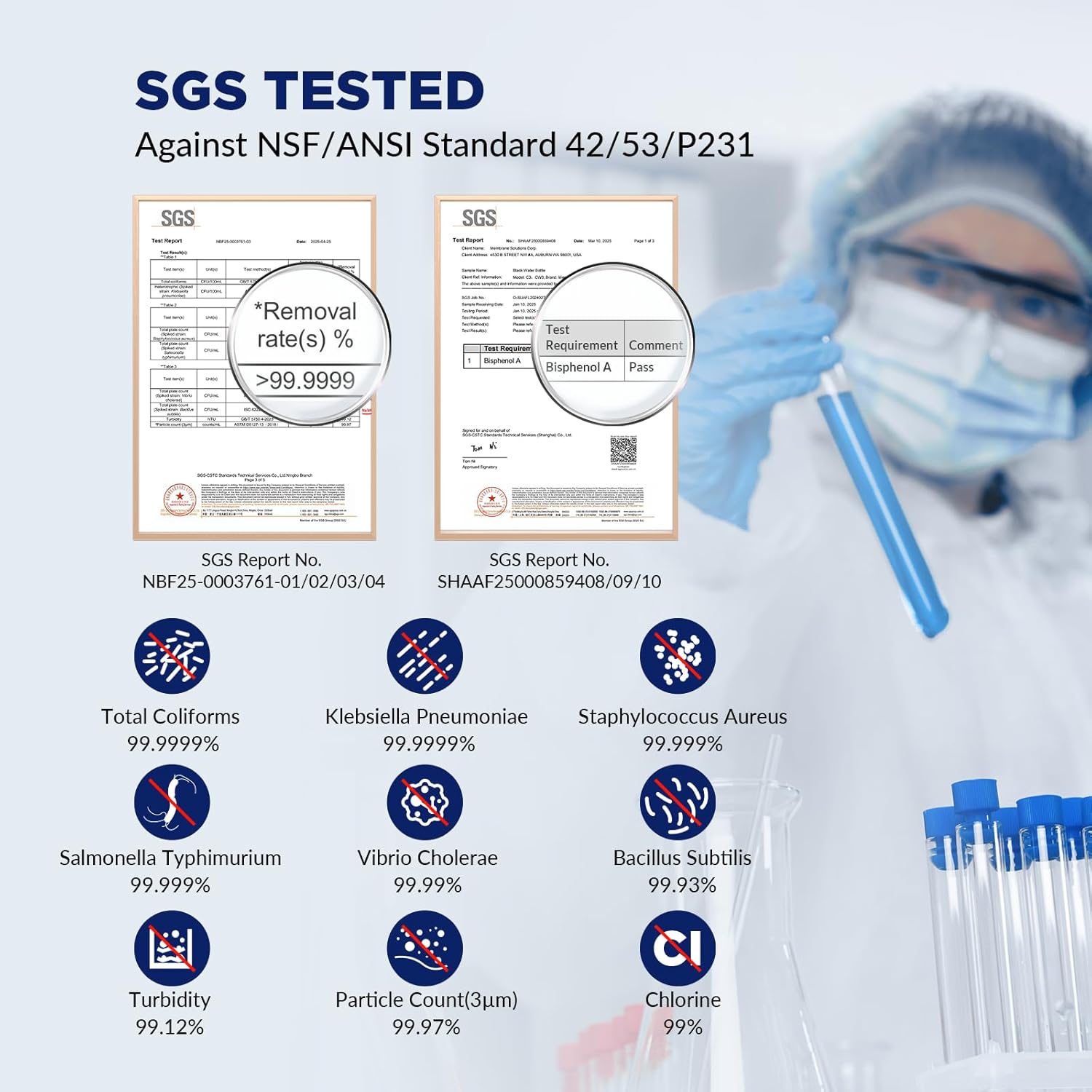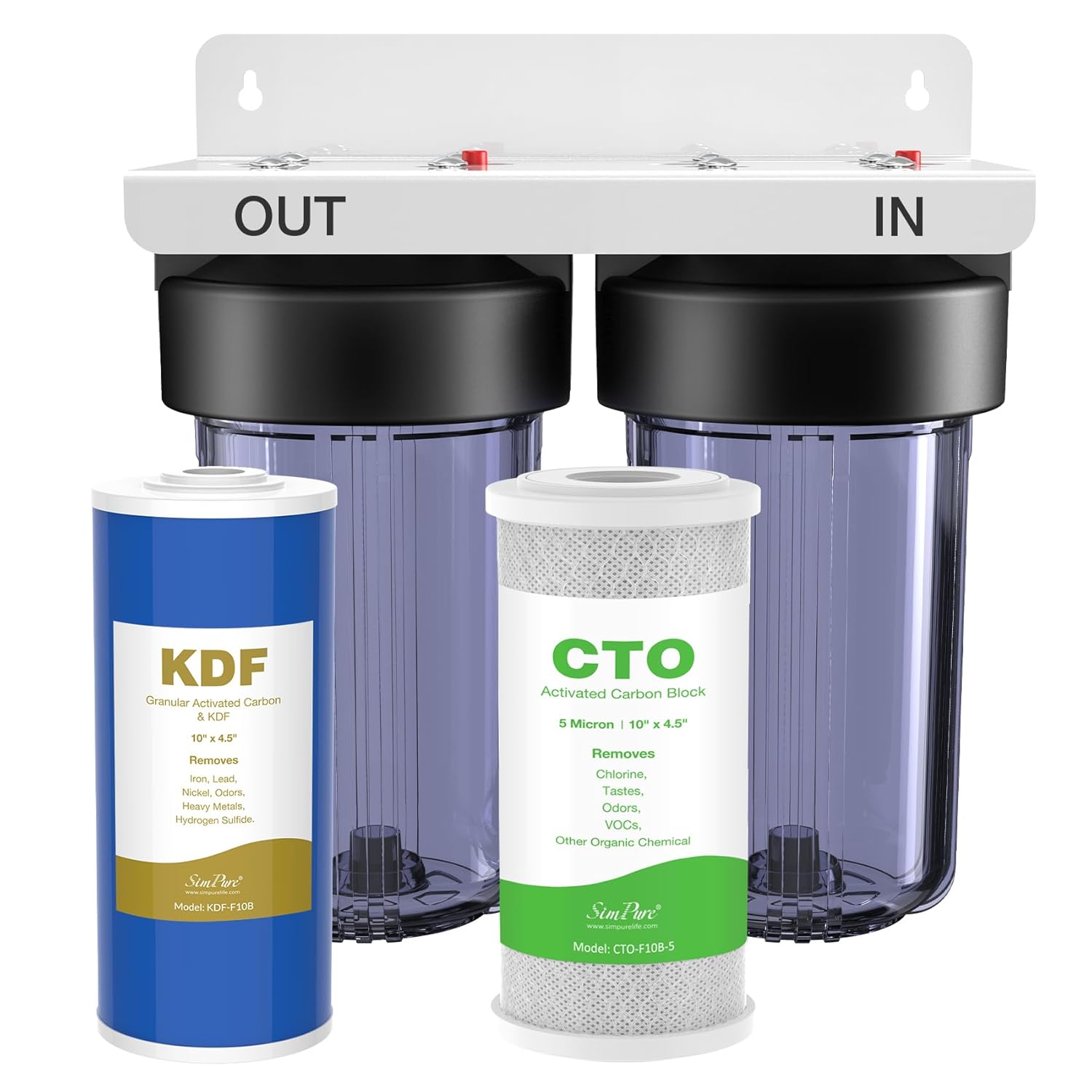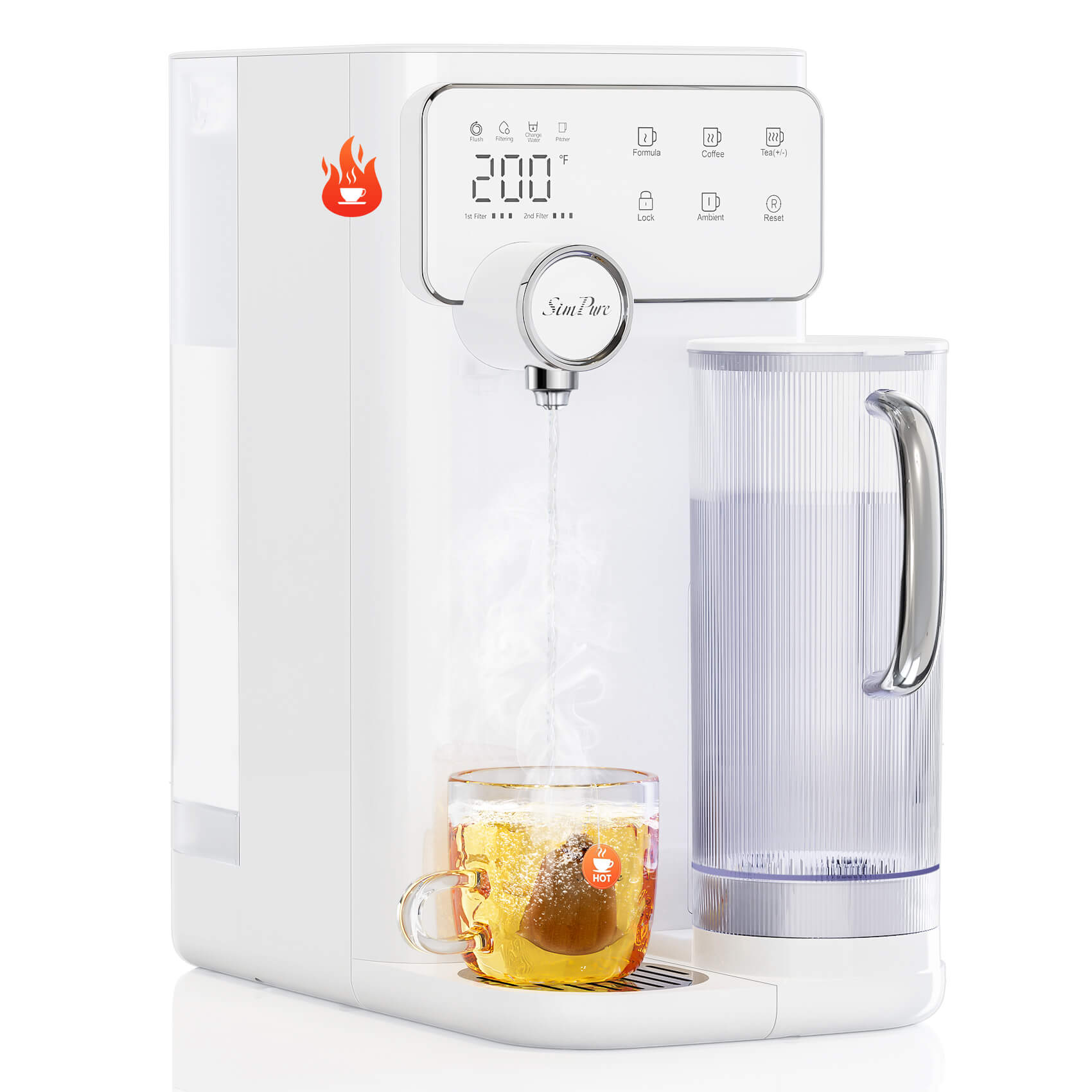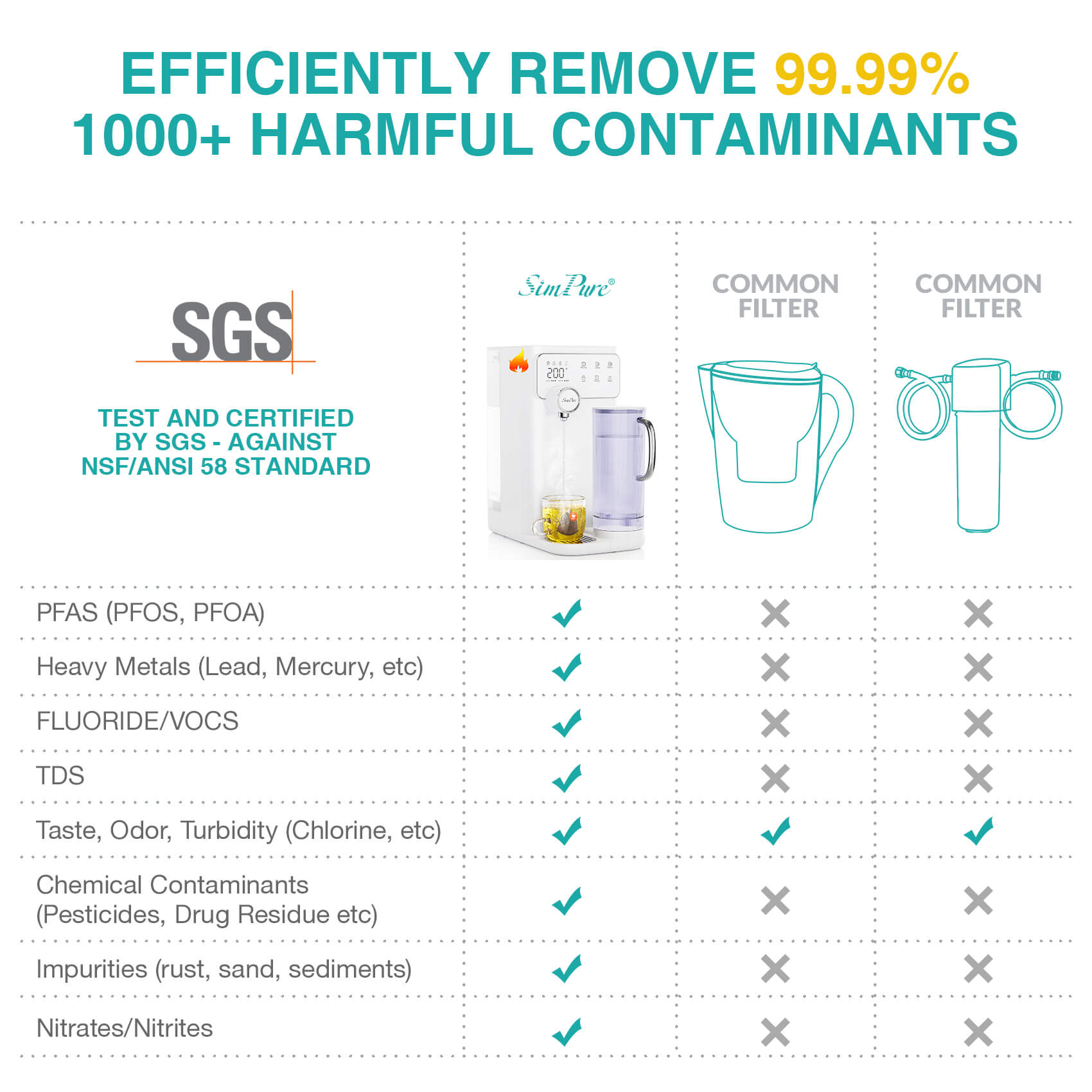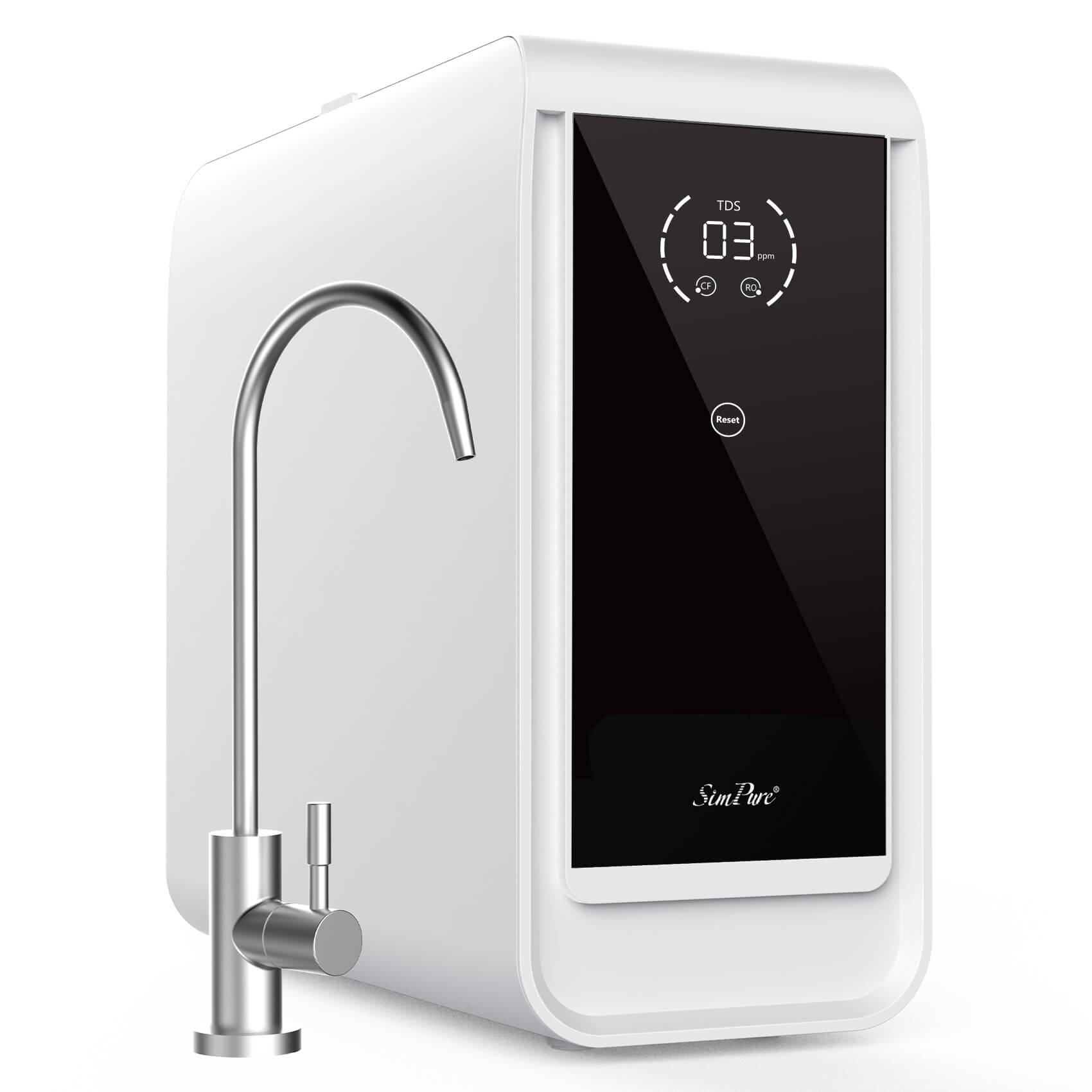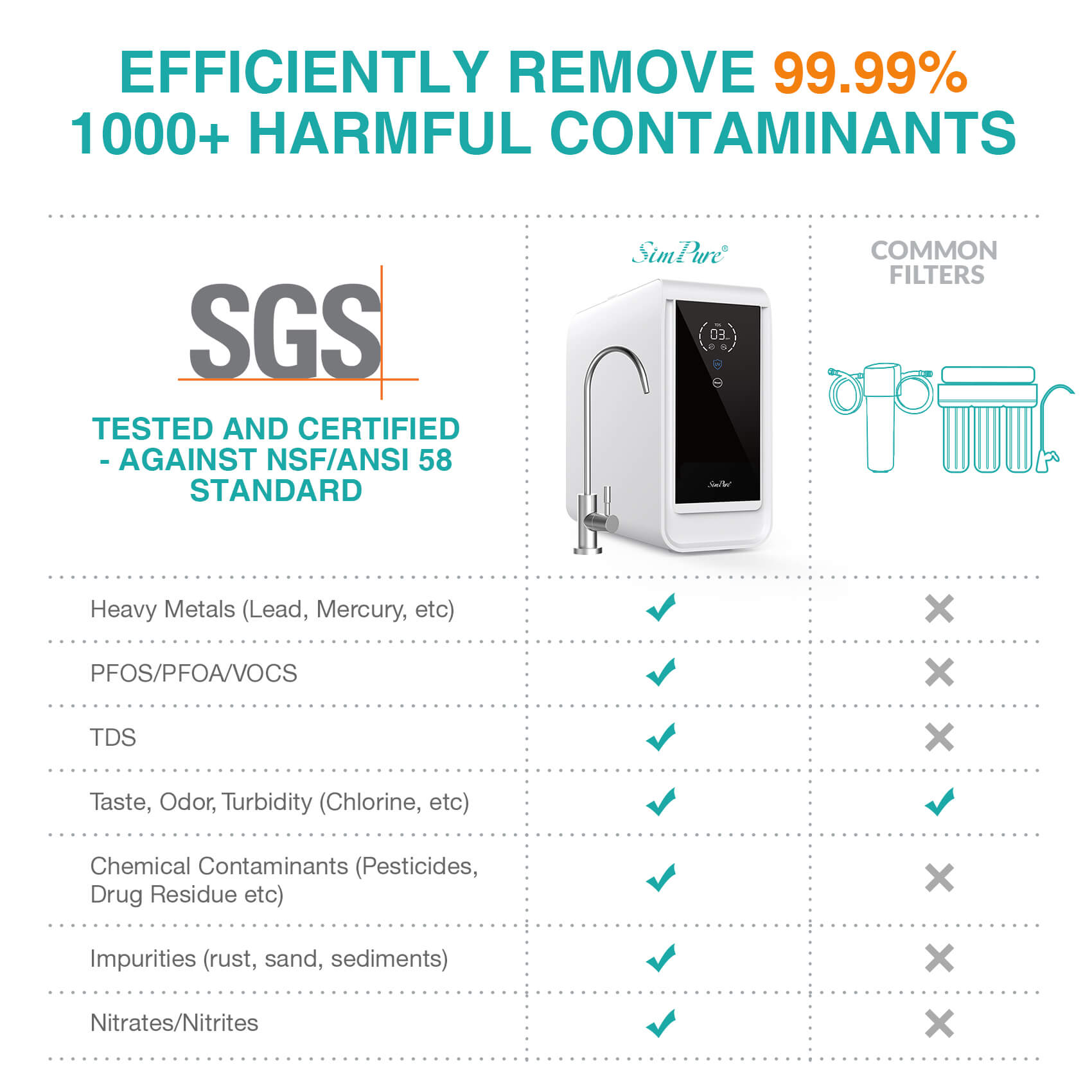Matcha is Gen Z’s favorite healthy drink and has recently gained immense popularity worldwide thanks to its countless health benefits. It is the most aromatic form of green tea, renowned for its vibrant green color. While matcha is generally considered safe for consumption, certain risks need to be addressed. You may have several questions in mind regarding the safety of matcha, so we have curated a comprehensive guide on matcha tea to help you get an answer to is match bad for you.
What is Matcha?

Matcha is powdered green tea made from stone-ground Japanese green tea leaves. Matcha green tea leaves contain a high amount of caffeine, and the tea is highly aromatic and has an unbitter taste. Matcha tea is prepared by mixing matcha powder in hot water with a bamboo whisk. It contains a high number of antioxidants that are beneficial to health.
The Origins and Traditional Use of Matcha
The history of matcha dates back to the 1100s when the Japanese Zen Buddhist monk brought tea seeds with him to Japan after returning from China. He started a practice called the way of tea which referred to the perfect preparation of tea. The tea was prepared by grounding the tea leaves in a powdered form and whisking them with a bamboo brush into boiling water.
The tea leaves were left steeped in the water without being strained. Matcha tea was specifically used in religious ceremonies and while its origins date back to China, it was Japan where the tea actually flourished and became a popular drink worldwide.
Matcha is derived from Japanese words, Matsu meaning to rub, and Cha, meaning tea. There are strict policies on the cultivation of matcha. It must be taken from shade-grown tea plants with heightened levels of chlorophyll and a bright green color.
The Modern Popularity of Matcha
Matcha has gained huge popularity recently among health enthusiasts and its market is forecasted to grow at an annual rate of 9.44% between 2022 and 2027, reaching an expected revenue of $5.5 billion by 2027. Due to its several health benefits owing to antioxidants, matcha has become a staple in various countries and is used as a main ingredient in desserts and beverages in cafes.
Nutritional Profile
Matcha is a healthy beverage and features the following nutritional profile. This nutritional profile is extracted from 1 teaspoon of matcha.
-
Calories: 10
-
Fat: 0g
-
Sodium: 0g
-
Carbohydrates: 1g
-
Fiber: 1g
-
Sugar: 0g
-
Protein: 0g
-
Carbs: 1g
-
Vitamins and Minerals: 0g
So Is Matcha Bad for You?
Is matcha bad for you? Well, no. To date, matcha is considered a healthy and safe drink with little to no side effects. It comprises caffeine and antioxidants that are beneficial to health.
-
Health Benefits of Matcha
Consuming matcha regularly is a healthy choice and offers the following benefits.
Boosts Brain Function
Matcha consumption has been associated with enhanced cognitive function. Individuals who consume matcha are known to have a better reaction time, memory, and attention.
Prevents Cancer
Matcha is rich in catechins, antioxidants that are beneficial in preventing cancer. Matcha has 137 times more catechins than traditional green tea, making it the healthiest alternative.
Improves Skin Tone
Matcha contains tannins that control sebum production in oily skin and prevent acne or breakouts. It also contains anti-inflammatory properties that treat irritated skin and rashes.
-
Potential Risks of Matcha
So, if you wonder is matcha green tea bad for you then the answer is, yes to some extent. You may be allergic to matcha if you have sensitive skin. If you experience symptoms like swelling, rashes, redness, or itchy skin, chances are you are allergic to matcha.
Other risks include tampering with medication. If you are on a stimulant medication such as for ADHD, use matcha sparingly. Since matcha contains a high amount of caffeine, this may speed up your nervous system, leading to heart problems.
Another risk is contamination. When you are consuming matcha, you are consuming the whole green tea leaf which may harbor contaminants like heavy metals or pesticides. In this respect, is it bad to drink matcha everyday? Only if you are allergic and on a stimulant medication.
Is Drinking Matcha Every Day Bad?
Is drinking matcha everyday bad? Well, consuming it in excess may be a sign of danger. Since matcha is high in caffeine and may contain contaminants like pesticides or heavy metals, this may affect your health. Also, matcha contains catechins that may be harmful when consumed in large quantities.
Moreover, matcha may interfere with stimulant medication like the one for ADHD which may affect your health. Ideally, you should consume matcha in moderation, i.e., 1-2 cups of matcha per day with up to 2 tsp of matcha. We hope this clears up your query on is it bad to drink too much matcha.
How Do You Know When Matcha Is Bad?
Is matcha tea bad for you? Well, not unless it is expired or gives off an unpleasant smell. Check out the following signs of spoiled matcha to learn how do you know when matcha is bad.
Signs of Spoiled Matcha
Healthy matcha should sport a bright green color. Spoiled matcha may have a dull green or yellowish color. These colors indicate that the matcha has expired or contains stems or branches which isn’t a good sign. Secondly, good matcha must smell fresh and inviting but if it smells stale, then the matcha has gone bad. If you taste a bitter flavor after sipping matcha, you must stop immediately as this is a sign of spoiled matcha. Matcha must taste sweet and pleasant. Lastly, good matcha has a long, pleasant aroma that lasts for over 30 seconds.
Choosing Quality Matcha/How to Store Matcha Properly?
Now that you have learned about the signs of spoiled matcha and how do you know when matcha is bad, let’s figure out how to choose good quality matcha and ways to store it properly.
A premium quality matcha must sport an electric bright green color and it must be finely ground. The finer the matcha, the better the quality. Also, it must give off a pleasant and vegetal aroma. High-quality matcha must taste sweet and refreshing.
Let’s look at the various ways to properly store matcha.
Store matcha in an airtight container to prevent oxidation. Avoid exposing matcha to direct light as this may deteriorate it. Store it in a non-see-through jar. Keep matcha in a cool environment as temperature changes may alter its taste.
Ensure the Best Taste for Your Matcha
If you want to preserve your matcha quality and ensure its safety and health benefits, you must mix it with pure and clean water. Sometimes, contaminated water may be the culprit in affecting your health, despite you getting a good matcha. So, it is important to install a water purification system in your home to protect you and your loved ones’ health. By using pure water, the matcha’s taste will be enhanced significantly and you can properly enjoy the essence of a good matcha.
If you use matcha with hot water, you may benefit from detoxification and better digestion. Hot water dissolves toxins and detoxifies your body, improving your health.
On the other hand, drinking cold pure water soothes your body and reduces the chance of heat stroke. It also aids in weight loss as cold water boosts metabolism which burns extra calories from your body.
The Best Water for Brewing Matcha
So if you wonder is matcha bad for you? It’s not. It offers several health benefits especially if you brew it with purified water. Using impure water for brewing matcha may not be good for health as impure water may contain several contaminants, leading to health issues. Using pure water significantly enhances the taste and aroma of matcha and it is also free of impurities that may potentially affect the flavor.

To ensure the best water for brewing matcha, consider the SimPure Y10C Cold RO system that offers cold purified water, perfect for brewing matcha. This reverse osmosis system features a 7-stage water filtration and is tested by SGS against NSF/ANSI 58 standards. If you want to preserve healthy minerals in water then consider the SimPure T1-400 ALK tankless RO system that features an 8-stage water filtration system and an alkaline water filter that restores healthy minerals in water. Its tankless design makes it convenient for small compact spaces.
Conclusion
We hope you have gotten a clear idea of whether is matcha bad for you. Matcha is a healthy drink, offering several health benefits thanks to its high amount of caffeine and antioxidants. While matcha is generally safe, it may be risky for individuals on stimulant medication like ADHD due to a high amount of caffeine. Hence, it is recommended to consume no more than two cups of matcha per day.
To ensure you have a high-quality matcha, you must use pure and filtered water. Water filtration systems like SimPure RO systems are the best in this regard as they provide pure cold water and also preserve healthy minerals that are good for health. By using these filtration systems, you get the best and highest-quality water, so have your matcha with full confidence.
Related Blogs on This Topic






